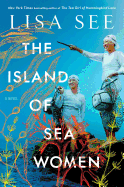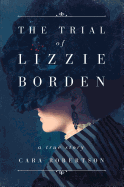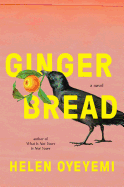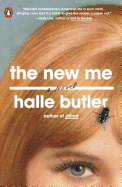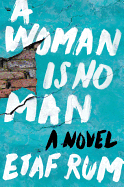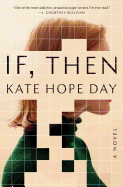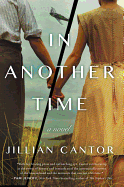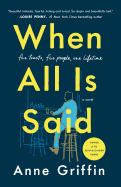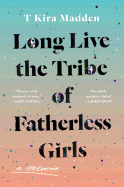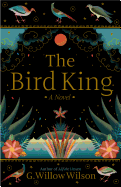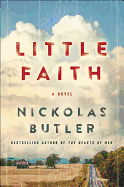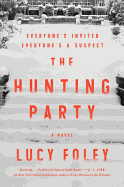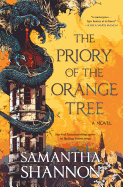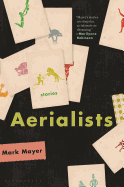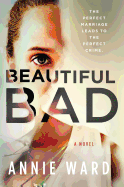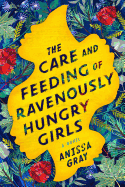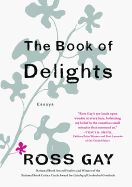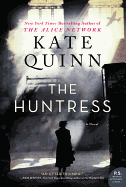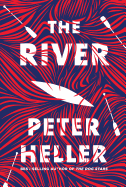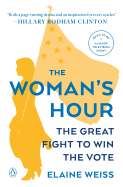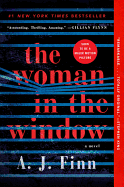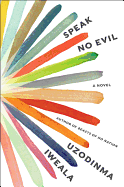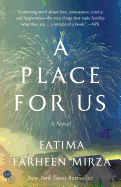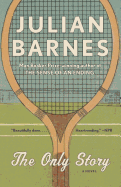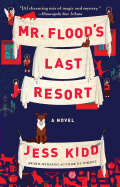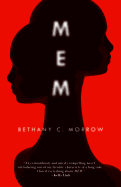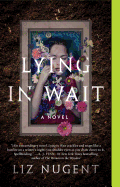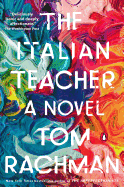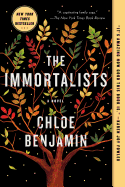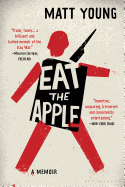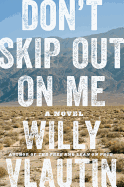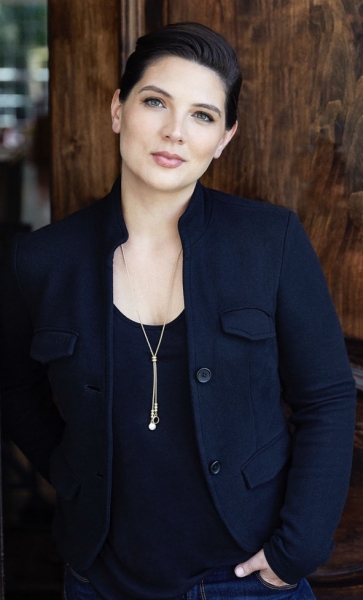 |
| photo: Deborah Feingold |
Booksellers around the country have chosen Daisy Jones & The Six, the sex, drugs, and rock 'n' roll-fueled novel by Taylor Jenkins Reid (Ballantine Books, March 5), as their number-one pick for the March Indie Next List.
Written as a compilation of interviews with former band members and their industry contemporaries, the novel tells the story of the whirlwind rise of the fictional 1970s rock group Daisy Jones & The Six, formed when the beautiful and entrancing L.A. it girl Daisy Jones and Billy Dunne, the talented and brooding lead singer of The Six, join to create international success and music history. But the world is shocked when the band breaks up at the height of their popularity, while touring for their blockbuster, boundary-breaking album Aurora.
Reid is the Los Angeles-based author of The Seven Husbands of Evelyn Hugo, which appeared on the June 2017 Indie Next List; One True Loves; Maybe in Another Life; After I Do; and Forever, Interrupted. Her novels have been chosen by Book of the Month and featured by People, Us Weekly, Entertainment Weekly, Good Morning America, and more. A 13-episode limited series adaptation of Daisy Jones & The Six is already in the making with actress Reese Witherspoon's Hello Sunshine production company and Circle of Confusion.
How did you get the idea for the story?
When I finished my previous book, The Seven Husbands of Evelyn Hugo, I really wanted to continue to write about fame. I wanted to write about people in the public eye, and I just wasn't quite sure if that was the right move. I had already done a book about an actress and I thought I wanted to write about musicians, but I wasn't sure if I should. So I sat down and thought, well, if I want to write about musicians, what's the story I want to tell?
I spent a lot of time thinking about the stories in our culture that I'm fascinated by, and those are the relationships in which the people have an incredible creative output but there is personal strife, like the band The Civil Wars, which broke up very abruptly; Fleetwood Mac; or the Eagles. There is a three-hour documentary called The History of the Eagles, which is about how they created their music but also all of the turmoil between the band members. And I was so excited about the idea that I felt it became a story I had to tell.
Is there a particular '70s rock star people are supposed to think of when they read about Daisy? Stevie Nicks comes to mind. Or is she kind of an amalgam of different iconic female rock singers?
You have a '70s rock setting and it's about this band with a lot of romantic turmoil within it, so you're always going to think of Fleetwood Mac, but as a singer Daisy's upbringing is different from Stevie's, her image is different from Stevie's, the things that we're drawn to about her are different from the things we are drawn to about Stevie. I love Stevie Nicks, and because of that I wanted to make sure that I didn't write Stevie Nicks. Daisy is her own person, but I read a lot about Carole King, Joni Mitchell, Linda Ronstadt, and Patti Smith. I really wanted to look at the story of a woman in a band at that time and how they were able to exist or co-exist [with the band].
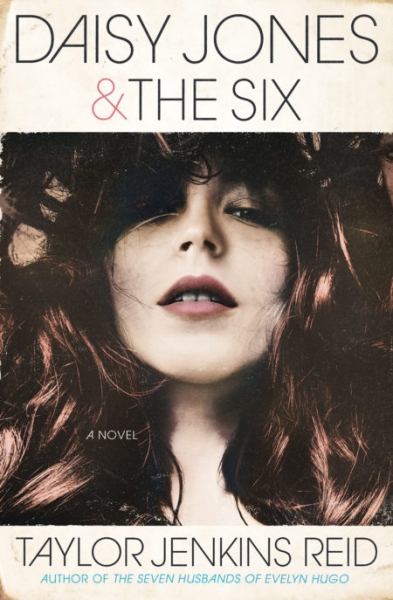 What did you love about writing Daisy and exploring her character?
What did you love about writing Daisy and exploring her character?
It's always really fun to write a character that other people are very drawn to. Daisy Jones is beautiful, glamorous, charming, and enchanting. But it also came with the challenge of making her real: how does she feel, not just like someone who people in the '70s would be enchanted by, but also what is she like when she's alone, when she is not enchanting anyone. So the most fun thing about her also creates the biggest challenge about her.
Was it important to you to contrast the way women in rock were treated at that time, the expectations and obstacles they had to deal with, versus the way male rock stars were treated?
That was really important to me. Rock in the 1970s was a pretty male-dominated space and I didn't want to tell a man's story. Not that those stories aren't worth telling, but we've been told them before. What I wanted to do was say, if I'm writing a story about rock in the 1970s, what can I do that makes it feel like no one else has done this, or only I could do it? What is the one thing that would be unique for me? And that was centering on the women and their private lives, their families, and their hopes for their future.
Are you a big fan of music documentaries? Was the book's format, consisting of a series of comments taken from individual interviews, based on the form of a music documentary?
Yes, I've always been interested in stories that give you the truth behind the legend. That is what's fascinating to me. And that's why this book and The Seven Husbands of Evelyn Hugo were in that style as well, the truth behind what the public saw. When I started this book, I sort of doubled down and made a really specific point of watching great rock documentaries and episodes of VH1's Behind the Music. Watching The History of the Eagles was really a defining moment for me because of how much feuding and how many huge problems that band had with each other and the dynamics that naturally develop over time when you have a band with that many people in it. It was really fascinating to me.
Also, Behind the Music was a great show. There was one particular Behind the Music that I really loved that was sort of different than the others. 1977: Behind the Music is specifically about why 1977 was such a big year in rock, and that helped me to understand the world that Daisy Jones would be existing in because there were a lot of different types of rock at that time. Disco was coming to an end, arena rock and glam rock were taking over, and then you had the Southern California sound with bands like Fleetwood Mac, so it was very instructive to get an overall view of what rock looked like at that time.
For the scenes when Daisy and Billy are writing songs together, were you thinking about what it feels like to write novels? Or did describing the experience of songwriting feel like writing about a completely different process?
It was sort of both of those things. I've read a lot about musicians and songwriters, and that informed how the characters wrote. I've collaborated with other people on screenplays and other types of writing, and that helped a little bit. I also wrote the lyrics for the album in the back of the book, so my experience of trying to get it down on paper somewhat informed how the characters were doing it, and how the characters were doing it informed how I wrote the lyrics, so it was all indivisible.
What have your experiences been like at independent bookstores as a reader and as a writer?
In Los Angeles, we have so many great indie bookstores, but outside of LA, California is such a big state and I don't get to that many of them, so it's a real treat when I get to go out on tour. What is really incredible about publishing books is that I get to visit indie bookstores all over the country, and through that I have developed incredible relationships with booksellers and independent bookstores really far away from me, in places like Seattle and on the East Coast. Willow Books, the bookstore in my hometown of Acton, Massachusetts, closed recently, but The Silver Unicorn opened up there last year; I haven't been yet but I heard they're doing really well.
Writing books has given me the best opportunity to meet indie booksellers and get the best book recommendations. I love going into a new bookstore in a city I've never been to and saying, what should I buy? It's a luxury to buy that many books, but that is the luxury that I keep for myself. --Liz Button
A Q&A With Taylor Jenkins Reid, Author of March's #1 Indie Next List Pick


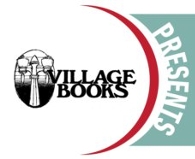
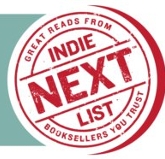
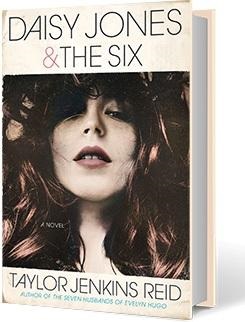

 What did you love about writing Daisy and exploring her character?
What did you love about writing Daisy and exploring her character?